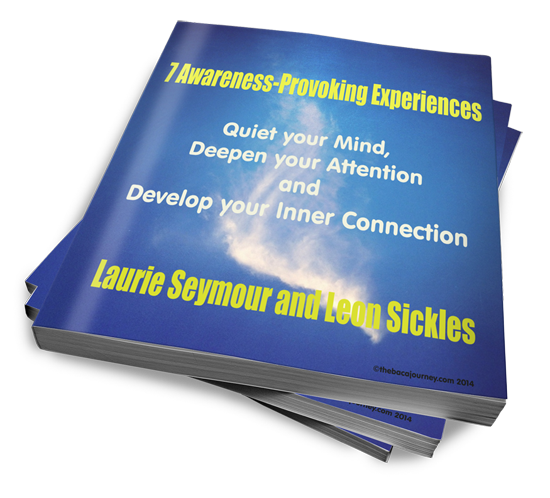 Obligation: Duty, responsibility, requirement, compulsion, commitment, debt, contract, promise, agreement, understanding, indebtedness, gratitude, gratefulness, acknowledgement.
Obligation: Duty, responsibility, requirement, compulsion, commitment, debt, contract, promise, agreement, understanding, indebtedness, gratitude, gratefulness, acknowledgement.
Obligations as Social Contract
That’s quite a list! Societal, relational and business contracts exist between parents and children, siblings, friends, co-workers, employers and employees, creditors and debtors, and between a government and its citizens.
Obligations are part of the social fabric with which daily relational interaction is woven.
When you consider your obligations, do you feel bound or stuck? Or are you filled with gratitude and a sense of being connected?
Consider the motivation that is behind the obligations you’ve identified. Is there a need to feel recognized or important? Is there an emotional or financial pay-off?
Know that you can make a promise and then realize you don’t want to keep it. If you deny the truth, you may sacrifice your own well-being.
 Think about a need that must be addressed, like one between parents and their children. What is not as easily recognized is the feeling of dependency that is created in both parties, in the obligated and the obligator.
Think about a need that must be addressed, like one between parents and their children. What is not as easily recognized is the feeling of dependency that is created in both parties, in the obligated and the obligator.
The ties that bind can also strangle.
Consider, have you grown up with a feeling of obligation that you have never understood?
Obligation as Mistrust
Often obligations arise out of a feeling of mistrust: I must have you obligated to me—bound—because I do not trust that you will do what I want without that.
You may relate to an obligation or promise as something that needs to be done and so you do it. But what is the feeling that fulfilling your promise elicits in you? Does it build a foundation for the future? Does it bring a situation to completion? Or does it create more of a burden?
What do you consider your obligations to others? What about your obligations to yourself?
Here is another way to look at this. Consider who are you without your obligations. Are you willing to release these obligations to allow more freedom in your life?
What if you acted out of love instead of obligation?
What would you choose to do?
Loving yourself creates space to extend yourself to another. You offer what is possible for you with the fullness of connection.
Your share your light.
“I am not bound to win, but I am bound to be true. I am not bound to succeed,
but I am bound to live up to what light I have.” ~ Abraham Lincoln
Time to Reflect
Take a breath. Release it. Take another. Devote some dedicated time of concentration/meditation. It doesn’t need to be hours of quiet, perhaps only 15 minutes. Then allow the question to simmer within you. Let responses bubble up into your awareness. Notice new ways of thinking, of images or ideas that arise spontaneously. Pay attention to your dreams. Let it happen. Be aware. See where it leads you next. Let yourself savor this process of receiving from yourself. Don’t judge whatever comes up, just receive it. Make notes.
You may want to share something from this process. Sharing is an important way to anchor an insight in your body. It leads you to deeper insight. It stimulates action. Share what moves you.










2 Responses
This year, a really close friend’s new years resolution was “to do what he wanted to do and not what he didn’t want to do.” So, I decided to do it, too. Pretty simple, right? Sometimes not, it turns out. Sometimes you have obligations that are created out of an unhealthy dependency whether it’s social or habitual or even family-related. Just a reflection.
Lindsey,
That’s exactly it—it isn’t simple at all when it comes to those obligations that arise out of dependency or a need for approval. It helps to explore whether an obligation is from nonproductive personal patterns. Sometimes we decide to keep an obligation because we see it as something that needs to be done and so we can change our attitude about it, perhaps feeling grateful instead of put-upon.
Laurie